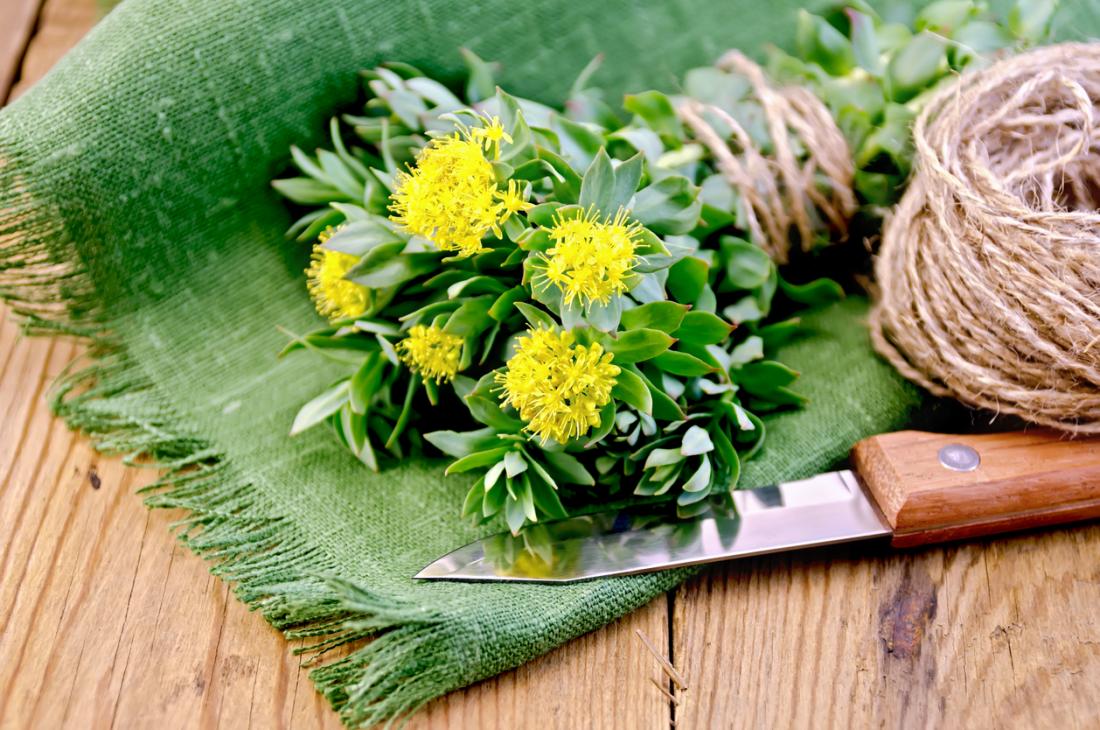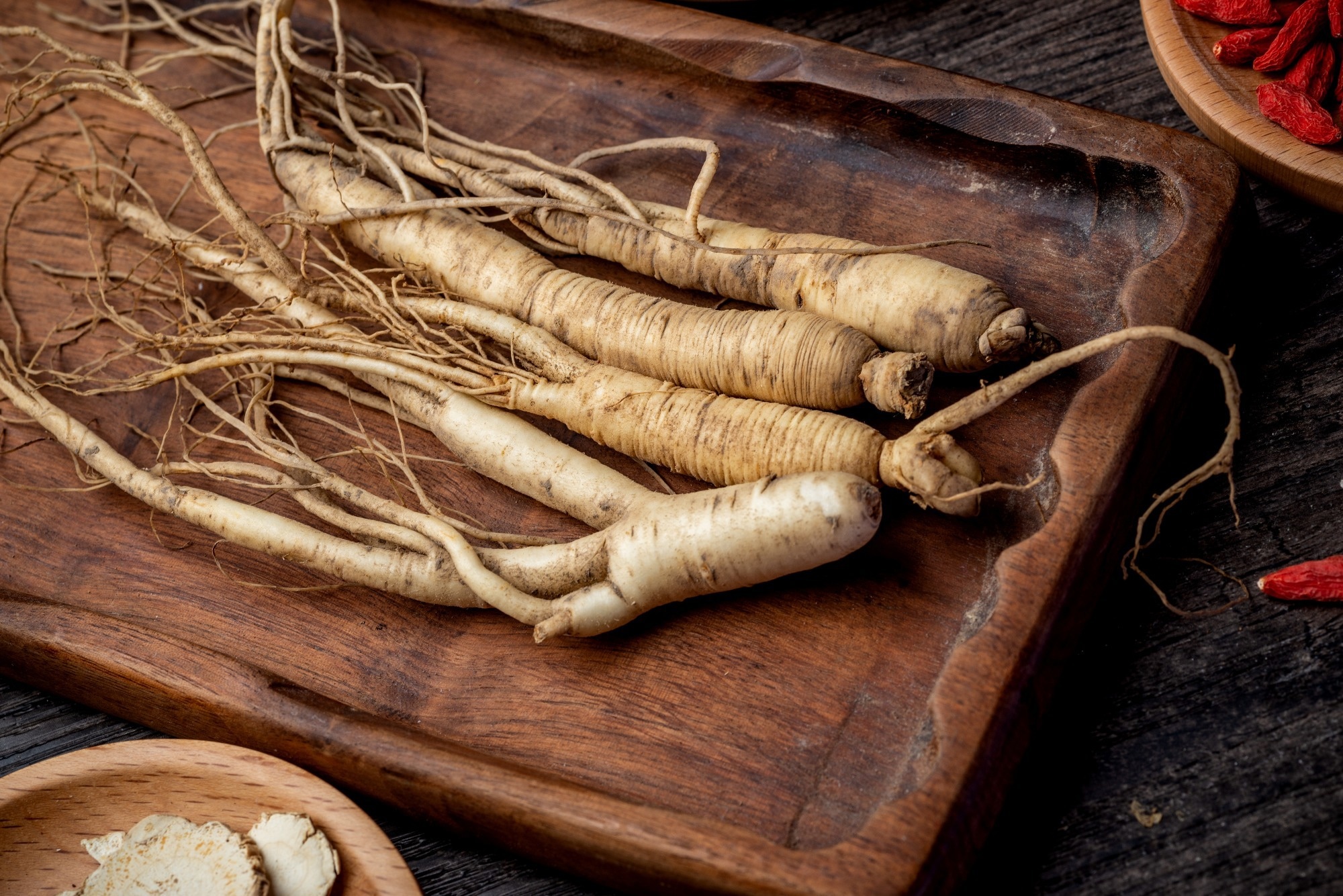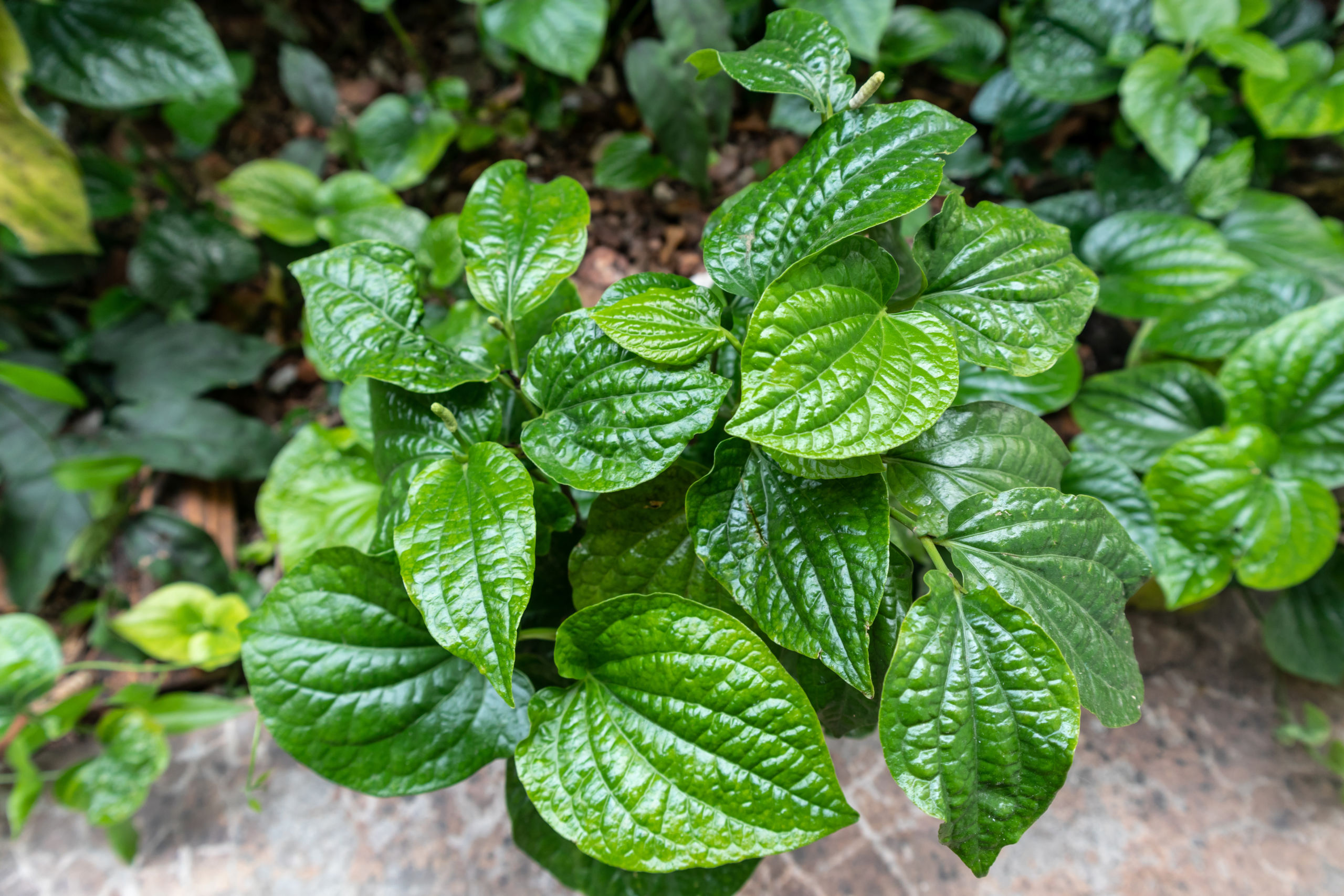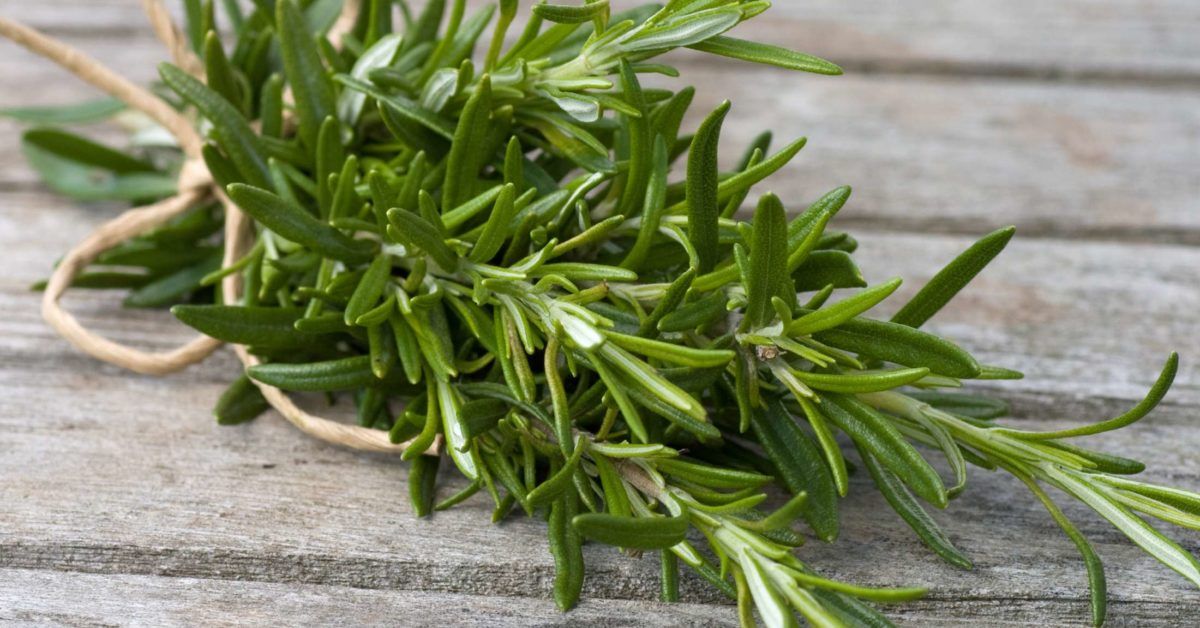Mental health issues like depression and anxiety impact a large percentage of the global population. Natural supplements are becoming more popular as an adjunct to more conventional forms of treatment, including medicine and therapy. When you choose the correct vitamins, you may put an end to stress, anxiety, and depression and replace them with a feeling of calm and satisfaction. Take a look at the top supplements for anxiety and depression, supported by studies and tips from experts.
Can Supplements Help with Depression and Anxiety Symptoms?
Yes, some supplements can effectively alleviate the symptoms of anxiety and depression. Certain supplements, including Omega-3 fatty acids, Vitamin D, SAMe, Ashwagandha, and Ginkgo Biloba, have shown potential in alleviating symptoms of depression and anxiety, even though they should not be considered a substitute for standard medical treatment. These supplements can improve mental health by regulating temperament, reducing inflammation, and promoting relaxation. Before incorporating any supplements into your routine, it is crucial to consult with a healthcare professional, as they may interact with medications or induce adverse effects. A successful approach entails the integration of supplements, lifestyle modifications, therapy, and medical intervention to deliver optimal results.
Explore Natural Solutions for Depression and Anxiety: Get Started Now
When you feel nervous or depressed, it’s essential to get help right away. Seek the advice of a trained therapist or medical professional while considering potential treatment options. It would help if you also considered adding the supplements mentioned in this article to your routine under the guidance of a medical professional. Taking that initial step toward healing is the most complex and vital thing you can do.
Feelings of anxiety and despair are not indicative of a lack of character but of a need for growth. Recognising a need for assistance and exploring alternative treatments may be the first steps toward recovery and rehabilitation. Taking care of one’s mental and physical health is equally important, and remember that asking for help shows strength, not weakness.
Top Supplements for Depression and Anxiety
Here is a collection of herbs known for their ability to support mental health and alleviate symptoms related to depression and anxiety:
St. John’s Wort (Hypericum Perforatum)
:max_bytes(150000):strip_icc()/hypericum-perforatum-184362812-5a327b00842b170037bda918.jpg)
A natural plant, St. John’s Wort has a long history of usage in the treatment of moderate anxiety, depression, and sleep problems. Hypothesised to elevate feel-good neurotransmitters like serotonin and dopamine, its active ingredients hyperforin and hypericin work by this effect. Some research has shown that St. John’s Wort is just as effective as prescription antidepressants, if not more so, and it comes with much fewer adverse side effects. Nevertheless, it is essential to consult a healthcare provider before using it since it may interact with blood thinners and birth control tablets, among others.
Saffron (Crocus Sativus)

The “sunshine spice,” saffron, has a long history of usage as a natural mood enhancer for those suffering from anxiety and melancholy. Scientists think its primary ingredient, crocin, boosts serotonin levels, making people feel more relaxed and at peace. One possible explanation for saffron’s antidepressant benefits is its anti-inflammatory characteristics. Add saffron to your favourite dishes or drinks for a mild, sweet taste. You may also consume saffron extract or capsules as a supplement.
Ashwagandha (Withania Somnifera)

Traditional Ayurvedic medicine has long made use of the adaptogenic herb ashwagandha for the treatment of sleeplessness, anxiety, and stress. The active ingredients, which include withanolides and alkaloids, are known for helping people relax, get a better night’s sleep, and sharpen their minds. In addition to promoting feelings of tranquillity and well-being, research has shown that ashwagandha may lower cortisol levels, the principal stress hormone. Consume ashwagandha as tea, capsules, or powder for a supplement; it has a deep, earthy taste.
Rhodiola Rosea (Arctic Root)

For generations, people have turned to the natural adaptogen Rhodiola rosea to help with mental performance, stress, anxiety, and sadness. Research suggests that rosavin and salidroside’s key ingredients may boost feel-good neurotransmitters, including serotonin and dopamine. If you want to improve your mental health, Rhodiola rosea is an excellent option since it improves mood, reduces tiredness, and enhances cognitive performance.
Ginseng (Panax ginseng)

Ginseng has a long history of usage in traditional Chinese medicine as a natural adaptogen for various purposes, including enhancing cognitive function, decreasing stress levels, and relieving anxiety and depression. Everyone thinks that ginsenosides, the active ingredients, help you relax, have a better night’s sleep, and sharpen your brain. Studies have shown that ginseng may lower levels of the stress hormone cortisol and increase feelings of relaxation and contentment. You may enjoy the earthy, rich taste of ginseng in tea, pill form, or as a supplement in powder form.
Passionflower (Passiflora incarnata)

The natural passionflower plant has a long history of use in traditional medicine for its sedative, anxiety-relieving, and soothing qualities. Its active components, flavonoids and alkaloids, bind to GABA receptors in the brain, which many believe is responsible for its relaxing effects. Based on the currently accessible research, passionflower has shown potential in treating many diseases. These include attention deficit hyperactivity disorder (ADHD), anxiety, and inadequate sleep. You may get passionflower in several forms, including pills, tea, and extract; it has a sweet and flowery flavour.
Kava (Piper Methysticum)

With its long history in traditional medicine, the natural plant kava offers hope for those seeking relief from anxiety, stress, and sleeplessness. Research suggests that the chemical ingredient kavalactones may have a calming effect via binding to brain GABA receptors. According to certain studies, kava has shown promise in reducing signs of sadness, anxiety, and insomnia. A physician’s approval is required before taking kava because of the potential for it to interact with other drugs.
Valerian root (Valeriana Officinalis)

The well-documented use of valerian root as a natural treatment for insomnia, restlessness, anxiety, and depression in traditional medicine offers reassurance about its effectiveness. According to scientific research, its main components, valerenic acid and isovaleric acid, bind to GABA receptors in the brain, which may explain its calming effects. There is some evidence that valerian root may help with a variety of sleep issues, including anxiety and ADHD. Valerian root takes on an earthy-sweet taste as a nutritional supplement when consumed in tea or tablet form.
Lemon balm (Melissa Officinalis)
:max_bytes(150000):strip_icc()/GettyImages-1227581024-caa0a8e35ed1428d8e7b5e514e4c137b.jpg)
Many have long turned to the all-natural herb lemon balm for help with sleeplessness, anxiety, and restlessness. It can induce relaxation by binding to GABA receptors in the brain, thanks to its two active components, citral and citronellal. There is some evidence that lemon balm may help with ADHD, anxiety, and sleep issues, according to a few studies. You may enjoy lemon balm in several forms, each bringing out its unique citrus flavour: tea, tablets, and extract supplements.
Chamomile (Matricaria chamomilla)

Traditional medicine has long recognised chamomile’s calming and soothing properties. Its main ingredients, apigenin and luteolin, may induce relaxation by binding to GABA receptors in the brain. Studies have shown that chamomile has the potential to alleviate a variety of ailments. Anxiety, sleeplessness, and ADHD are all examples of such conditions. Chamomile has a calming, apple-like taste and is available in several forms, such as tea, tablets, and extract supplements.
Lavender (Lavandula Angustifolia)
:max_bytes(150000):strip_icc()/english-lavender-plants-2130856-hero-01-fc261dfea5d442ebb06e4844d4d674fc.jpg)
For centuries, people have turned to lavender as a trusted sedative, helping them unwind, calm their thoughts, and enjoy a restful night’s sleep. Research indicates that its main components, linalool and linalyl acetate, may have a soothing effect by binding to GABA receptors in the brain. This historical use of lavender suggests its potential in treating a range of mood, anxiety, and sleep issues. Whether in tea, tablets, or extract supplements, lavender’s calming, floral taste can help you relax.
Rosemary (Rosmarinus Officinalis)

Rosemary, a herb with a long history of use, is believed to enhance cognitive function, helping people focus, remember, and think more clearly. Its primary components, rosmarinic and carnosic acid, may enhance concentration and memory by affecting brain chemistry. This potential of rosemary to improve mental clarity and memory offers hope for those dealing with mental tiredness, depression, and cognitive performance issues. For an authentic experience of rosemary’s herbal solid taste, try steeping it in tea, eating it straight, or combining it with nutritious supplements.
Sage (Salvia Officinalis)

Sage has a long history of use as a memory, concentration, and clarity herb. Research suggests that the active ingredients, sageone and borneol, enhance concentration and memory by interacting with certain brain chemicals. Sage has several beneficial effects, including improving cognitive performance, reducing mental fatigue, and alleviating depressive symptoms. Drinking tea, taking capsules, or supplementing with extracts is a great way to enjoy sage’s excellent, slightly bitter taste.
Yerba mate (Ilex Paraguariensis)

For generations, people have turned to yerba mate, a natural stimulant, to lift their spirits, increase focus, and decrease feelings of exhaustion. There are two main ingredients, theobromine and caffeine, and the common belief is that they affect neurotransmitters in the brain that make you feel alert and focused. When it comes to cognitive performance, mental tiredness, and depression, yerba mate has shown some encouraging effects. You may buy yerba mate in pill, tea, or supplement form; it has an earthy, somewhat bitter flavour.
Bacopa Monnieri

It has long been known that the adaptogenic herb Bacopa monnieri may improve focus and memory. According to research, the active ingredients—bacosides and bacosides—stimulate neurotransmitters in the brain, leading to enhanced concentration and memory. Based on what we know so far, bacopa monnieri may help with mental tiredness, depression, and cognitive performance. There are a variety of forms of Bacopa monnieri, including tea, supplements, and extracts, and it has a somewhat sweet, herbal taste.
Curcumin (Curcuma Longa)

Turmeric contains the antioxidant and anti-inflammatory curcumin. Many Middle Eastern and Indian dishes call for turmeric. Due to its weak antioxidant and anti-inflammatory properties, turmeric may help alleviate nervous and depressed sensations. Curcumin’s neuroprotective qualities may also protect against neurodegenerative disorders, including Alzheimer’s and Parkinson’s.
Ginkgo (Ginkgo Biloba)

The leaves of the Ginkgo biloba tree, one of the oldest living trees, have a long history of usage in traditional Chinese medicine to treat memory loss and other cognitive disorders. Flavonoids and terpenoids, the principal components of ginkgo biloba, may improve blood flow, leading to better oxygenation and nutrient delivery to the brain. Many people use ginkgo biloba as a supplement because of its positive impact on mood, memory, and cognitive performance.
Vitamin Supplements for Depression and Anxiety
Vitamin B6 (Pyridoxine)
Pyridoxine, or vitamin B6, is required to properly function the immune system, neurons, and energy metabolism, among other vital body processes. The study suggests that vitamin B6 might alleviate the emotional toll of mental health issues, including anxiety and depression. It is also necessary for the function of the mood-regulating neurotransmitters serotonin and dopamine.
Vitamin B9 (Folate)
Folic acid (vitamin B9) has several positive effects on the body. Numerous activities, including energy metabolism, neural transmission, and immune system function, depend on it. Research suggests that folic acid may alleviate depressive and anxious feelings. It is also necessary for the function of the mood-regulating neurotransmitters serotonin and dopamine.
Vitamin B12 (Cobalamin)
Vitamin B12, also known as cobalamin, is crucial for proper energy metabolism, nerve transmission, and immune system operation and is therefore necessary for optimum health. The study shows that vitamin B12 may alleviate the emotional distress associated with mental health issues, such as anxiety and depression. It is also necessary for the function of the mood-regulating neurotransmitters serotonin and dopamine.
Vitamin C (Ascorbic Acid)
Vitamin C, often ascorbic acid, is essential for many biological processes. These processes are involved in iron absorption, collagen synthesis, and immune system activation, to name a few. Studies have shown that Vitamin C may improve mood and help with anxiety and sadness. Its antioxidant characteristics also help avoid inflammation and oxidative stress.
Vitamin D
This fat-soluble vitamin is essential for strong bones, a healthy immune system, and stable brain function. According to the research, anxiety, despair, and low mood may all benefit from vitamin D. Additionally, it is fundamental in controlling the release of mood-altering neurotransmitters, including dopamine and serotonin. Taking a supplement to guarantee appropriate quantities of vitamin D is vital, especially in the winter when many people are low.
Conclusion
Even though anxiety and depression may have a significant impact on a person’s daily life, there are natural supplements that can help. People may improve their mood, alleviate anxiety, and feel better generally by adding these supplements to their daily routine, which have scientific support. Suppose you are already on any medicine or have a preexisting health issue. In that case, you must talk to your doctor before starting any new supplement regimen. To live a better and more balanced life, it is feasible to successfully manage symptoms of anxiety and depression with commitment and the correct assistance.
FAQs
Q: How long does it take for supplements to start working for depression and anxiety?
A: Supplement effectiveness can vary depending on individual factors. Some people may experience benefits within a few weeks, while others may take longer.
Q: Can supplements interact with medications for depression and anxiety?
A: Yes, supplements can interact with medications. Consult with a healthcare professional before adding any supplements to your regimen, especially if you’re already taking medication.
Q: What are the potential side effects of supplements for depression and anxiety?
A: Common side effects of supplements include stomach upset, headaches, and dizziness. However, more severe side effects can occur if supplements interact with medications or are taken in excess.
Q: How can I ensure the quality of supplements for depression and anxiety?
A: Look for supplements from reputable manufacturers that adhere to Good Manufacturing Practices (GMPs) and have third-party testing.

